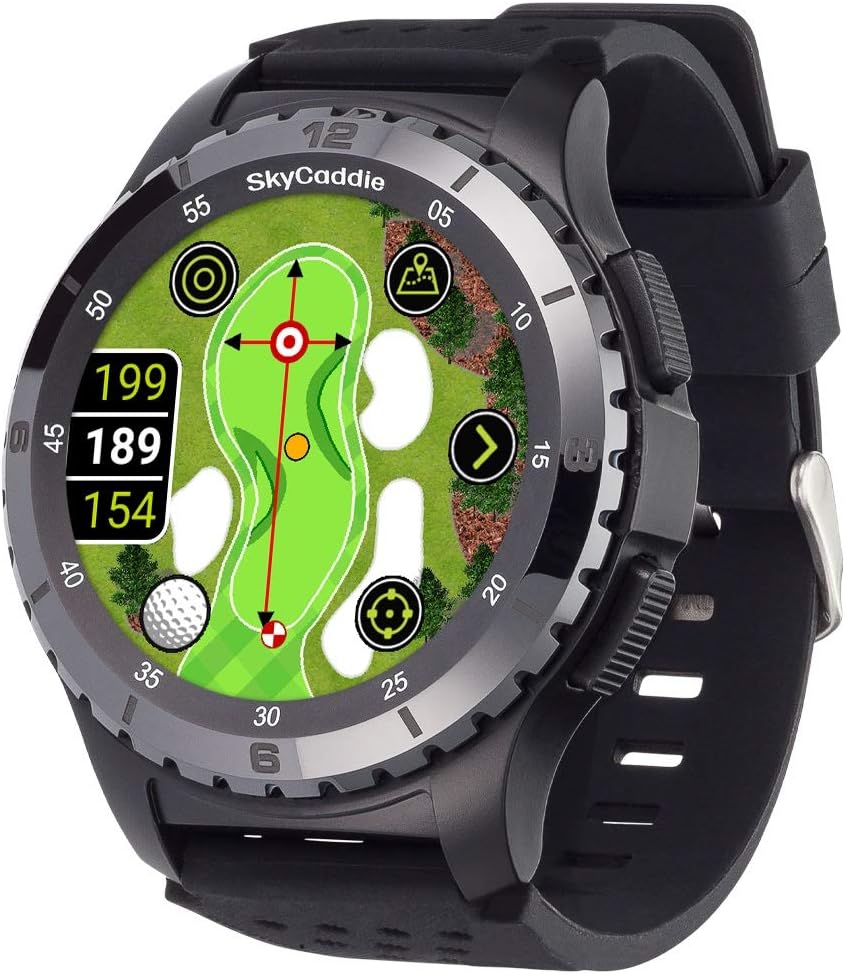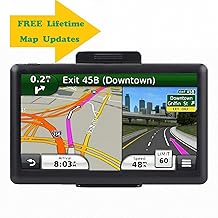Navigating the world, even just your local town, can feel like a journey in itself. But thankfully, we have GPS navigators to help us find our way. The choice between a portable GPS device and a built-in system can seem overwhelming. This guide dives deep into the pros and cons of each, helping you decide which is the right fit for your needs and budget.
Portable GPS Navigators: The Nomadic Navigator
Portable GPS devices are the trusty companions of many drivers. These self-contained units, often resembling smartphones, offer a convenient and flexible navigation solution. You can easily transfer them between vehicles, lending them to friends or family, or even taking them on foot for pedestrian navigation. This portability is their biggest selling point.
Advantages of Portable GPS Devices:
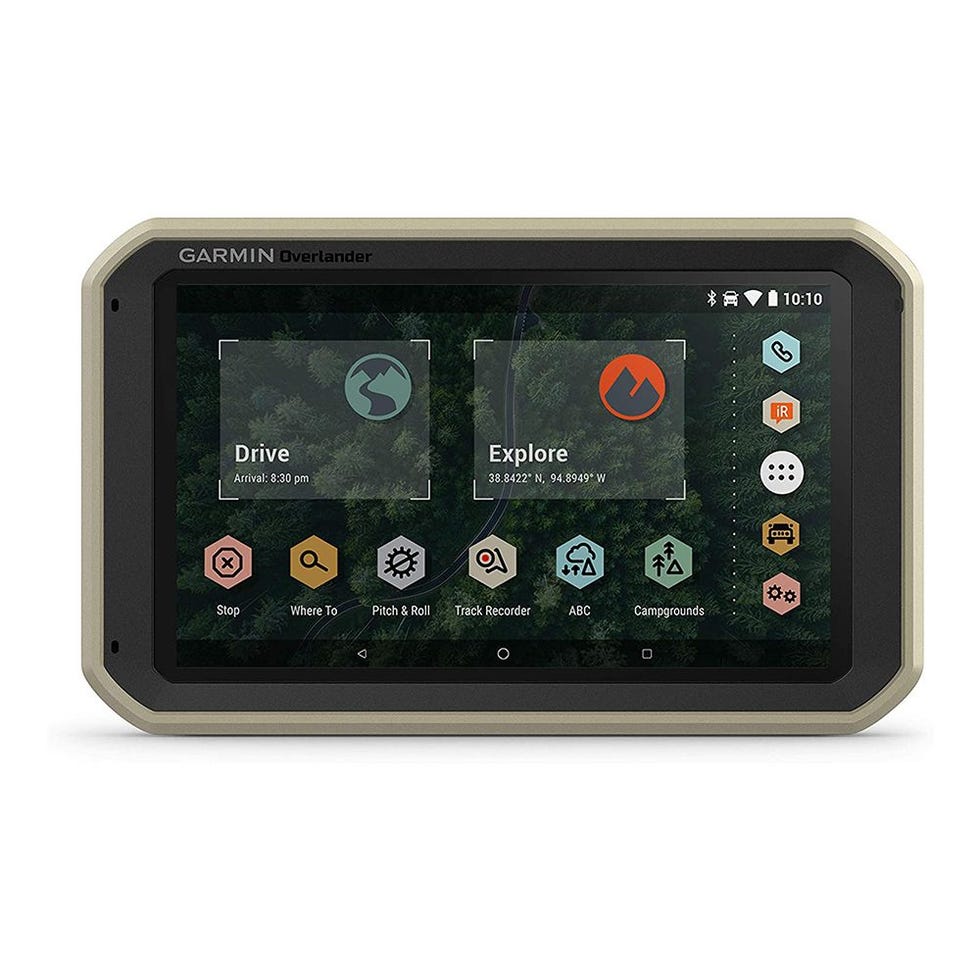
- Portability and Flexibility: Use it in any car, take it hiking, or even use it on a bicycle. The freedom is unmatched.
- Cost-Effective: Generally, portable GPS devices are cheaper than the built-in options offered by car manufacturers.
- Upgradability: Map updates are often easier and cheaper to implement with portable devices, ensuring you always have the most current data.
- Variety of Features: Many portable GPS devices offer a wide array of features beyond basic navigation, including lane guidance, speed camera warnings, and points of interest (POIs) databases.
- Easier Repairs/Replacements: If something goes wrong, it’s a simple matter of buying a replacement rather than dealing with car repairs.
Disadvantages of Portable GPS Devices:
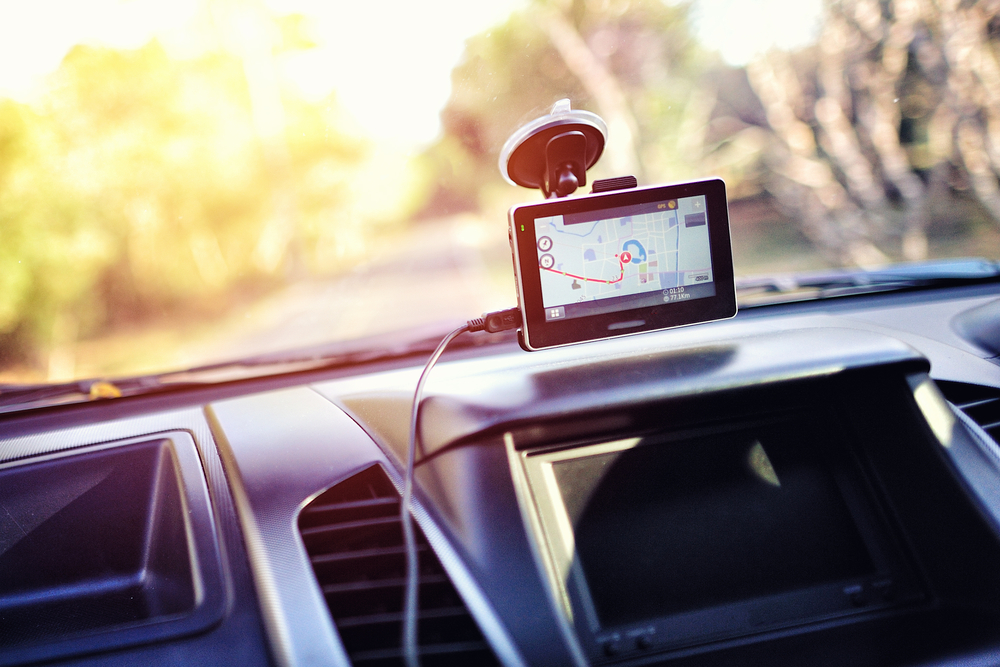
- Mounting and Visibility: Finding a secure and convenient mounting location can sometimes be tricky, and visibility can be affected by sunlight or dashboard clutter.
- Power Source: They require a power source, typically a car charger, adding another cable to manage.
- Potential for Theft: Being easily removed means there’s a greater risk of theft if left in plain sight.
- Limited Integration: Portable devices generally don’t integrate as seamlessly with your car’s infotainment system.
Built-In GPS Navigators: The Factory-Fitted Friend
Built-in GPS systems, often integrated into a car’s infotainment system, provide a sleek and integrated navigation experience. They’re usually larger, easier to see, and more tightly integrated into the vehicle’s controls.
Advantages of Built-In GPS Systems:
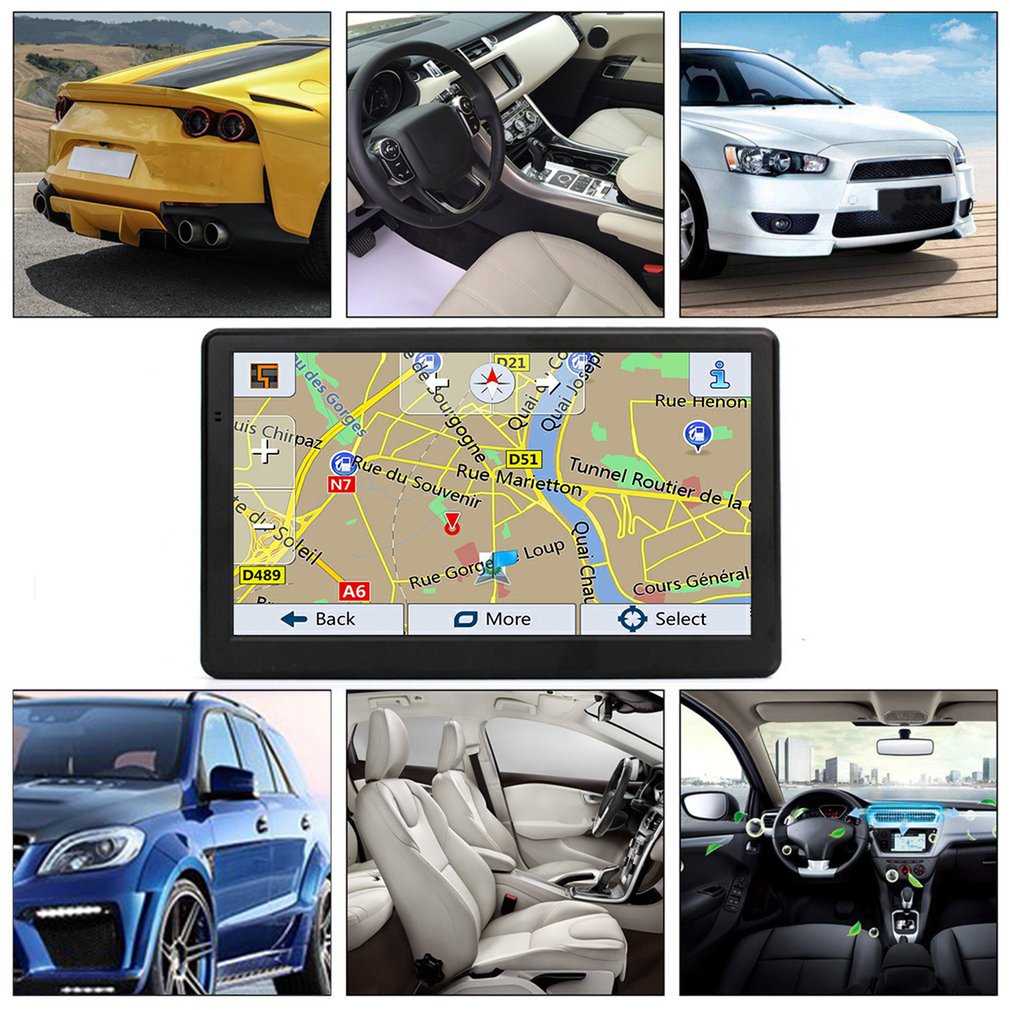
- Seamless Integration: Often integrated with the car’s audio system, climate control, and other features, offering a more streamlined user experience.
- Larger Screens: Usually boast larger and higher-resolution screens for better map visibility.
- Fixed Mounting: Permanently installed, eliminating the need for fiddling with mounts and ensuring optimal viewing.
- Potentially Enhanced Safety Features: Some built-in systems integrate advanced driver-assistance features (ADAS) for enhanced safety.
- Enhanced Voice Control: Advanced voice command systems are common, allowing hands-free operation.
Disadvantages of Built-In GPS Systems:
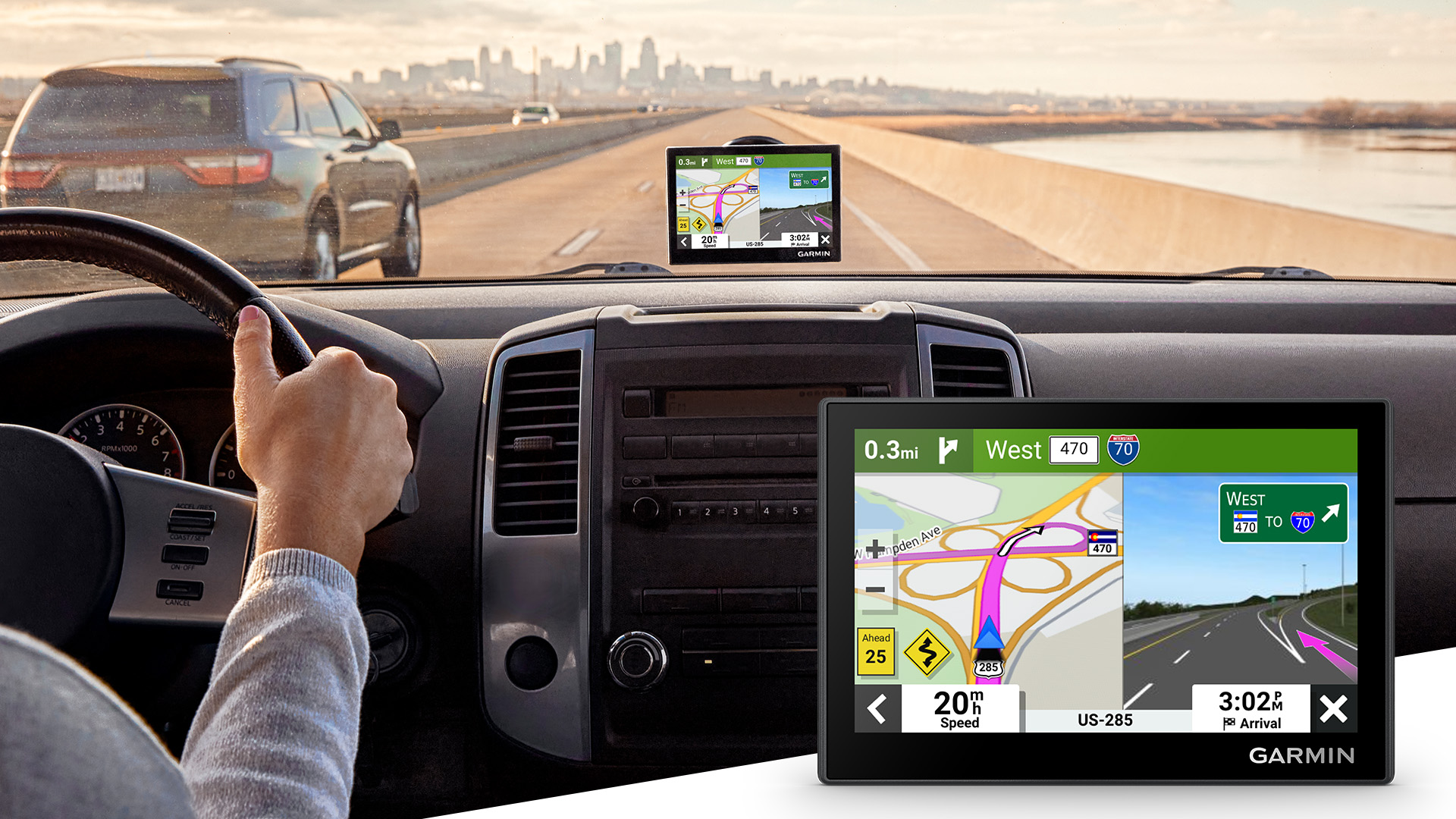
- Higher Initial Cost: Built-in systems are significantly more expensive, either as an added option during car purchase or as an aftermarket installation.
- Limited Portability: The system is permanently affixed to the vehicle, offering no flexibility for use in other cars.
- Costly Upgrades and Repairs: Map updates and repairs can be expensive and may require dealer intervention.
- Potentially Outdated Technology: The technology can become outdated quickly, making upgrading challenging.
- Dependence on Vehicle Functionality: If your car’s infotainment system malfunctions, the navigation could be affected.
Comparing Key Features: A Head-to-Head
The choice between portable and built-in GPS navigators often boils down to individual needs and priorities. Let’s compare some key features:
| Feature | Portable GPS | Built-In GPS |
|---|---|---|
| Cost | Lower initial cost | Higher initial cost |
| Portability | Highly portable | Not portable |
| Screen Size | Smaller screens, generally | Larger screens, generally |
| Map Updates | Easier and cheaper updates | More expensive and potentially more complex updates |
| Integration | Limited integration | Seamless integration with car systems |
| Voice Control | Present, but may vary in quality | Often more sophisticated voice control |
Making the Right Choice for You
Choosing between a portable and built-in GPS navigator is a personal decision. Consider these factors:
- Budget: Portable devices offer a more budget-friendly option.
- Driving Habits: Frequent drivers might benefit from the convenience of a built-in system, while occasional drivers might find a portable device sufficient.
- Technological Preferences: Do you prefer cutting-edge technology and seamless integration, or are you comfortable with a simpler, more affordable device?
- Vehicle Type: If you own multiple vehicles, a portable device offers greater flexibility.
Ultimately, the best GPS navigator is the one that best meets your individual needs and preferences. By carefully considering the advantages and disadvantages of each type, you can make an informed decision and confidently navigate your next journey.



